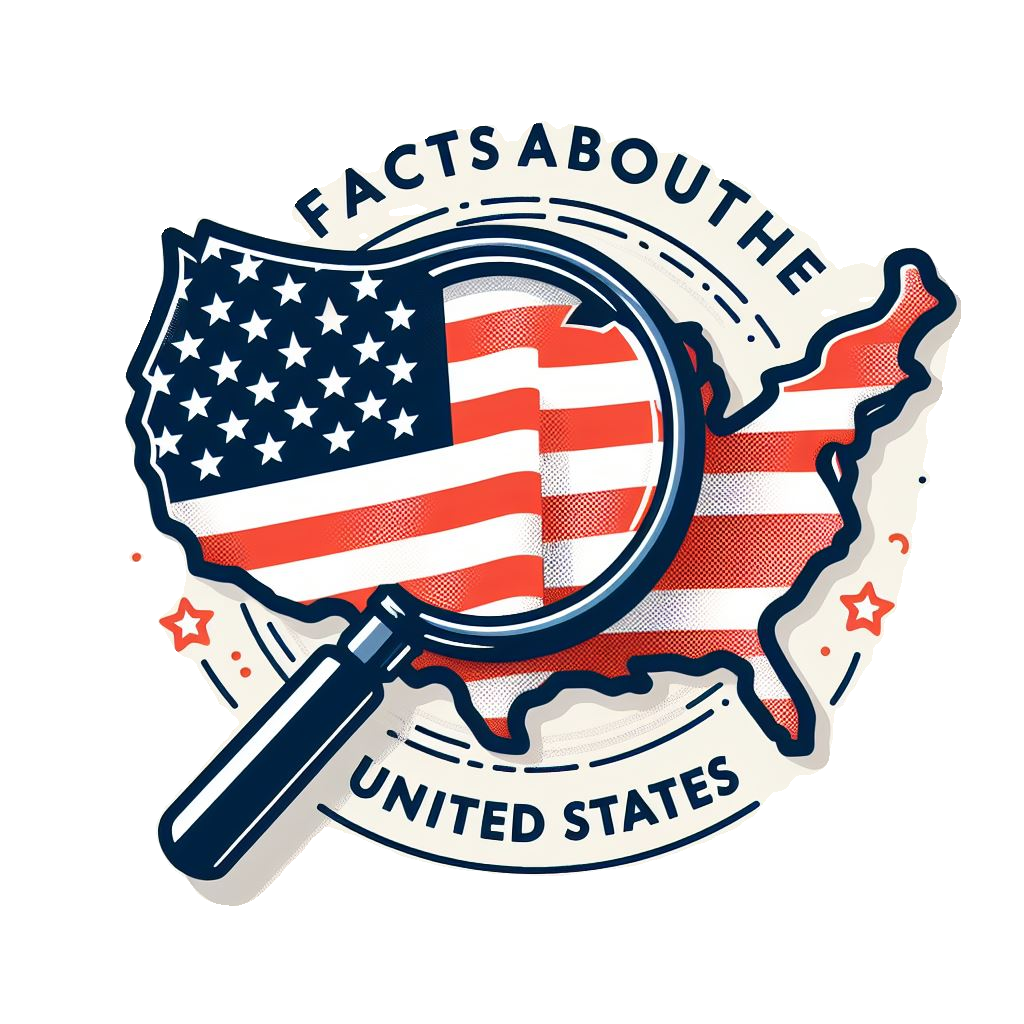Credit Karma: Your Financial Scoreboard Data
Credit Karma sounds too good to be true, doesn’t it? A service offering free credit scores, reports, and personalized financial insights – there has to be a catch, right? Well, surprisingly, there’s really not much of one! Let’s dive into how Credit Karma works, what benefits it provides, and some of the things to keep in mind when you use it.
What is Credit Karma?
Credit Karma is a personal finance company that’s become incredibly popular for one main reason – it provides truly free credit scores and reports. While the focus is on your credit health, they also offer a range of tools to help you:
- Monitor your credit: Get alerts about major changes in your credit reports, potentially helping identify errors or even fraud.
- Make smarter financial decisions: See personalized recommendations for credit cards and loans you might qualify for, saving you the hassle of applications and potential denials.
- Understand what impacts your credit score: Clear explanations and simulators to help you make choices that improve your financial health.
How Does Credit Karma Make Money?
This is the big question! Here’s how they manage to offer all this for free:
- Targeted advertising: Credit Karma uses the information in your credit profile to show you offers for credit cards, loans, or other financial products they think might be a good fit for your financial situation. If you sign up for one of those offers, Credit Karma gets a commission.
How Does Credit Karma Affect My Credit Score?
It doesn’t – at least not directly. Checking your score and reports through Credit Karma is considered a “soft pull” and won’t hurt your credit. However, if you apply for a loan or credit card based on Credit Karma’s recommendations, that will be a “hard pull” and could temporarily ding your score.
What are the Pros and Cons of Credit Karma?
Pros:
- Free and easy to use: No hidden fees or subscriptions for the core credit-related services.
- Educational: Helps demystify credit scores and what influences them.
- Good for tracking changes: Receive alerts about significant updates to your credit file, helping catch mistakes.
Cons:
- Not all scores are the same: Credit Karma primarily uses VantageScore 3.0, while lenders might use other scoring models.
- Advertising: Their recommendations focus on products where they can earn a commission, so always do your own research too.
- Not a replacement for full financial advice: Great for monitoring and general guidance, but for complex situations, a financial advisor would be better.
Should I Use Credit Karma?
If you want to stay on top of your credit, Credit Karma is a fantastic resource. It’s convenient, informative, and empowers you to understand your creditworthiness. Just remember, it’s one tool in your financial toolbox – use it alongside comparison shopping and, if needed, professional guidance.




